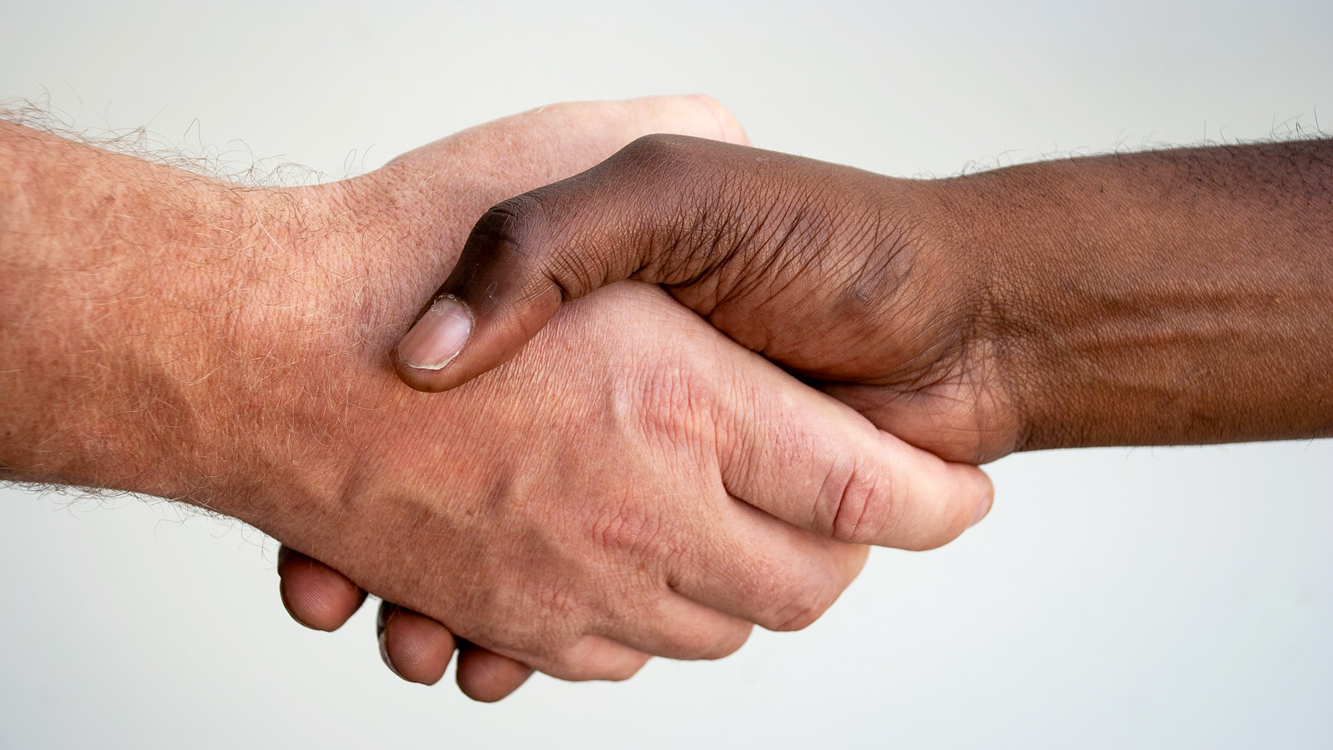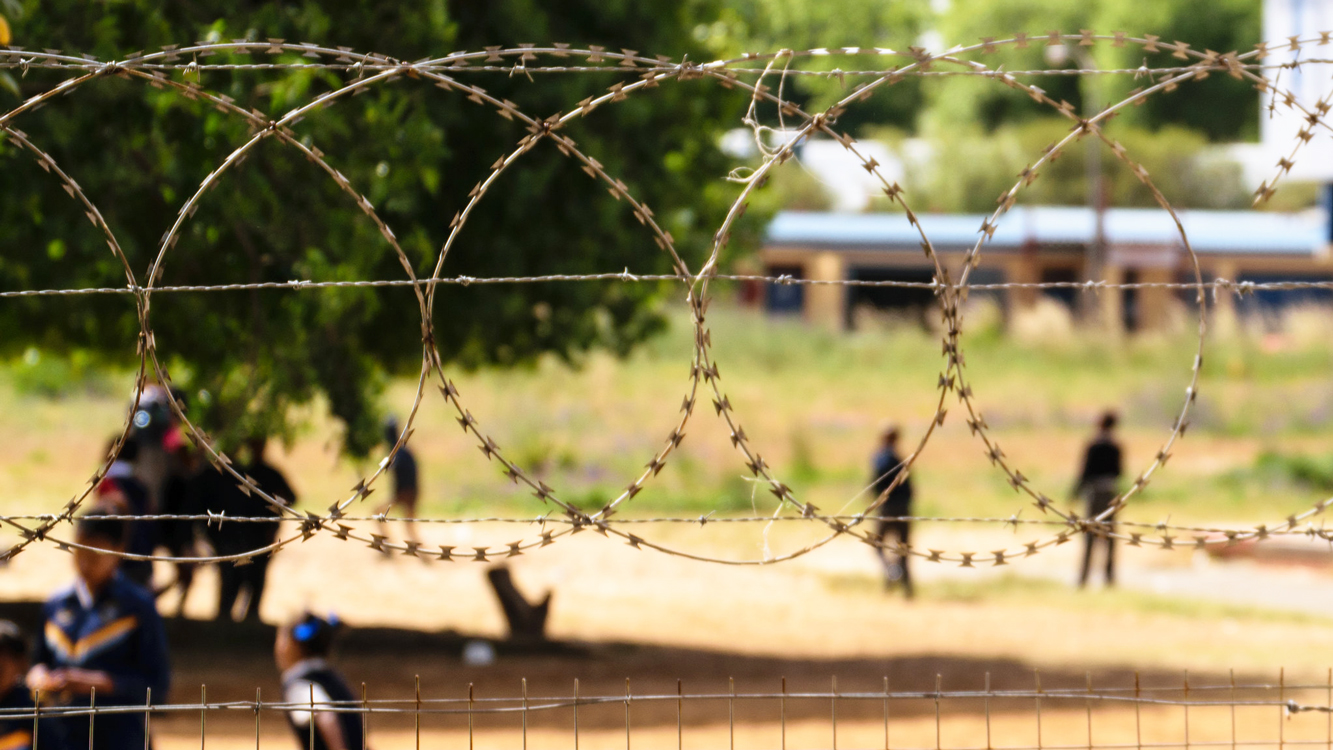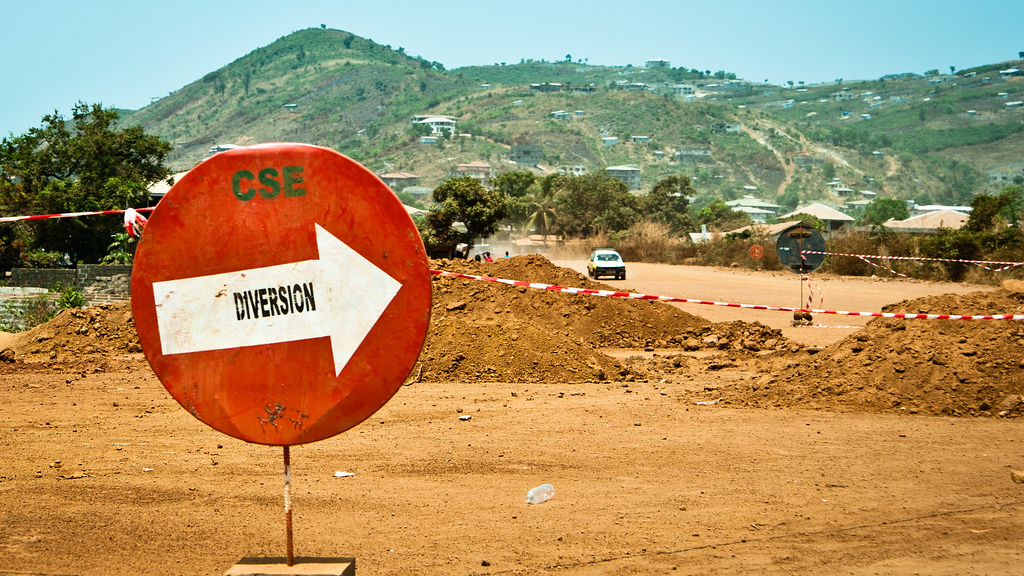What does it mean for a researcher to be neither an ‘insider’ nor ‘outsider’ to the communities they study? Surer Mohamed draws on her experiences as a Somali-Canadian researcher working in Mogadishu to show how non-white scholars are confronted with challenges of positionality, race and identity in fieldwork. While these can transform the way knowledge is gained from respondents, so too can a wider appreciation of what counts as the ‘field’ in the process of research.
This post is part of the series Rethinking ethics and identity in fieldwork.
What does ‘fieldwork’ mean if the ‘field’ includes your mother’s living room? As a Somali researcher examining the political landscape of contemporary Somali politics, I have to adopt a complicated series of postures in relation to the communities I study, to the academic institution where I study, and to the wider process of knowledge production. It’s a balancing act that I’ve come to consider a particular kind of ‘situated research’.
To be clear, all researchers are situated in their research, and must be reflective in regards to their positionality. But what happens when your familial, heritage and historical ties have a direct bearing on the content of your research? What happens when you are neither ‘insider’ nor ‘outsider’ but, in many important ways, both?
The idea of the ‘insider’ in fieldwork evokes a kind of binary gaze where insiders ‘look out’ from within their own communities, while outsiders ‘look in’. I want to think through situatedness as the ways in which being ‘of’ a site of study shapes one’s understanding of the research itself. What is worthy of study? What matters? What counts as knowledge or evidence?
These questions shift in notable ways when you are researching your own aunts and uncles, languages and communities. For situated researchers, conducting fieldwork is a ‘reorienting … towards home’, even as the meaning of ‘home’ differs due to particular circumstances. In scholarly debates of what it means to do fieldwork, positionality is considered an important part of the fieldwork encounter – often analysed through the prisms of race, class or gender. But in addition, I have found ethnic/clan differentiations, language skills, diasporic identity and interpersonal relationships to have an immense bearing on my experience conducting research. The traditional dyad of interlocutor-researcher, here, breaks down in fascinating ways, bringing new opportunities and new challenges into view.
This is doubly important in conflict-affected contexts. Here, questions of home, positionality, and belonging during fieldwork can have bearing on one’s personal safety, one’s understanding of conflict narratives. On the other end, research outputs can feed back into existing conflict processes through the support or marginalisation of particular worldviews. While ‘access’ to the field is the predominant concern of a growing literature around conducting fieldwork in conflict regions, my relationship to the question of access is quite different. My doctoral project considers the pressing issue of conflict-related land and property disputes in Mogadishu, and I am deeply interested in processes of ‘reconstruction’ and ‘revival’ that are occurring in the city.
During my fieldwork which consisted of interviews with individuals involved in disputes and political actors based in Mogadishu, my levels of access to research participants (as well as the level of warmth with which I was received) varied as a result of how I was read in terms of any number of salient attributes. These included my Somaliness, my gender, age, education status, mode of dress, my Somali speaking abilities, the perceived political sensitivity of my questions, the familiarity the person has with my family, the number of people who contacted the individual on my behalf, their history of mobility, their expectations of the Somali diaspora, as well as my clan.
Which of these salient attributes interviewees emphasised had a noticeable bearing on their openness to my inquiry. Interviewees who emphasised my diaspora identity (as a Somali-Canadian) often contextualised their remarks with long historical explanations in order to explain their current predicaments. ‘You are only Canadian, you can’t understand,’ one said. When thanked for their participation, interviewees often spoke of their participation as a moral duty (wajib), which created a bond of obligation and support beyond the single conversation. And after the political assassination of one research participant, I fulfilled my part of the moral duty (wajib) to participate in the communal grieving process. These disparate salient attributes can make the process of fieldwork unpredictable and, indeed, spontaneous.

This spontaneity can lead to failure, as Ryan points out in this series. But it can also lead to interactions that reshape how one sees the research project itself. The photograph below captures such an experience.
During my fieldwork in 2019, I came across the above image taken by an architect, Suuban, living in Mogadishu. Suuban (not their real name) returned to Mogadishu from the diaspora in 2011, after the creation of the first non-transitional government since the collapse of the state in 1991. Suuban was part of a diaspora wave that returned to Mogadishu during the past decade. During a conversation that was only tangentially related to my research, she shared with me her experiences of contracting private property renewals. By the time she had entered these spaces, the previous occupants had already been evicted. She suspects that the graffiti was the result of generations of occupants, moving through these spaces from the moment of state collapse to the moment of their eviction. Almost every private dwelling she refurbished was marked, floor to ceiling, with some form of graffiti. Most were phone numbers, but in the lower-third of some places, there were images like flowers, hearts and many guns. She suspects children made these markings.
For Suuban, who viewed everything in architectural terms, the graffiti represented a kind of spatial claims-making. She took time to photograph these images to preserve them, even as her job was to replace them with spaces that the people who made the markings could not access. When asked why she curated these photographs, she responded ‘I read the pictures. They put their feelings on that wall. It is where they lived. They were young people.’
I took many things away from this encounter – including a powerful appreciation for the morally complex political situation surrounding land and property ‘reconstruction’ in contemporary Mogadishu. This particular encounter also helped me to embrace a broader understanding of what counts as research. Indeed, I came upon this conversation by chance. The conversation took place in Somali, without notebooks or recording devices, and we were both wearing baatis (Somali home attire). These photographs were shared with me with the intention of social commentary, and it was only through further reflection that I came to think of them as part of my research.
To see this as ‘research work’, there is a need to open our understanding of ‘fieldwork’ to include the intimate places and spaces of everyday life, like dining tables, cars and kitchens. We should find a way to include relationships outside the conventional ‘interlocutor-researcher’ dyad, as well as also substantially include friendship and even kinship. As Suuban affirmed when I asked her in a further encounter, she likely would not have shared that story had it not been for the comfort of the environment. For those of us studying our own communities, these are important yet slippery sites from which to draw deep knowledge. Openness to the spontaneity of the fieldwork encounter can make possible engagements that one could never have planned.
Photo: A three-wheeled motorised’Tuk-Tuk’ carries a passenger through the streets of the Somali capital Mogadishu. Credit: AMISOM Public Information, licensed under Creative Commons (CC0 1.0).





